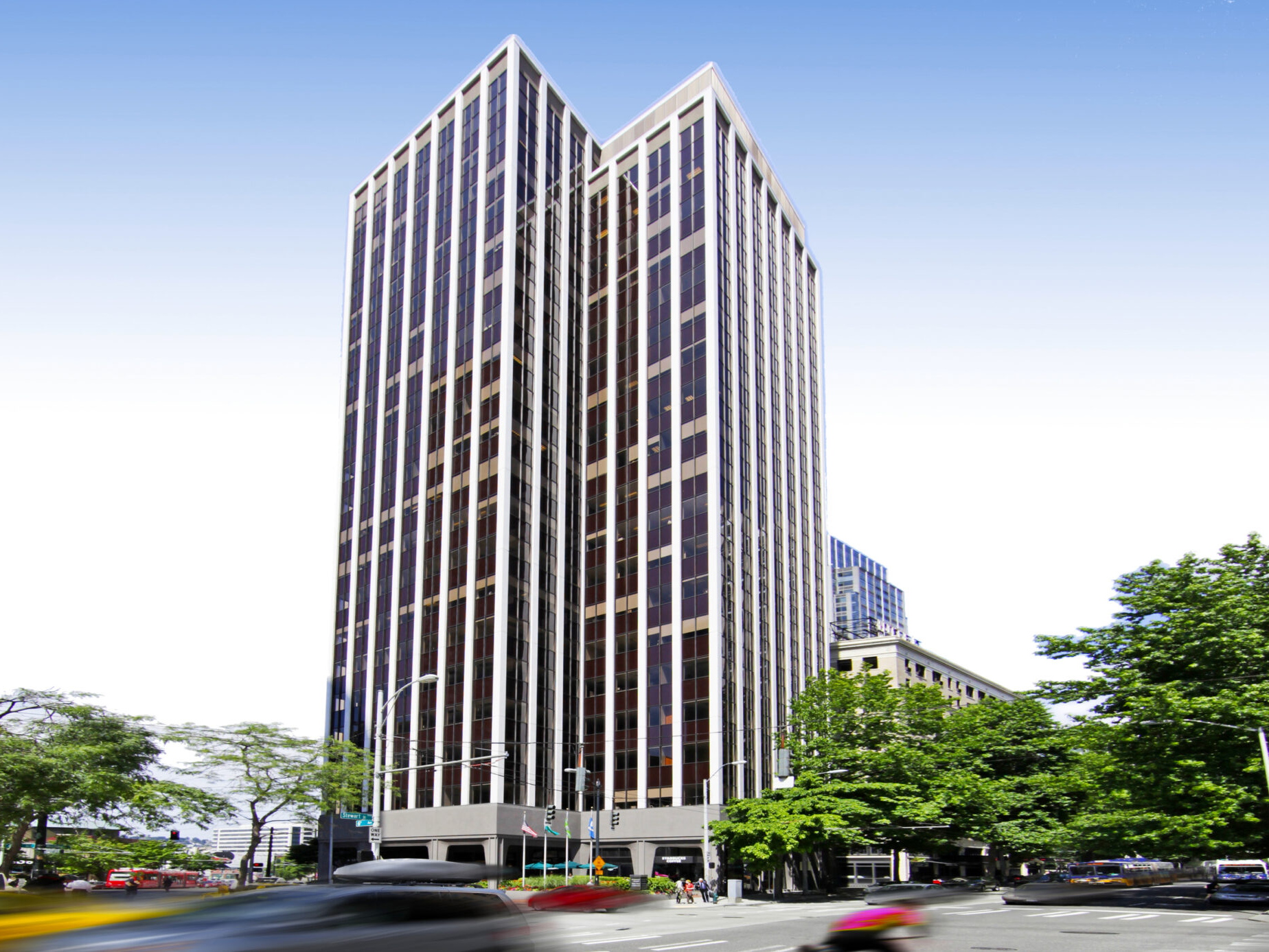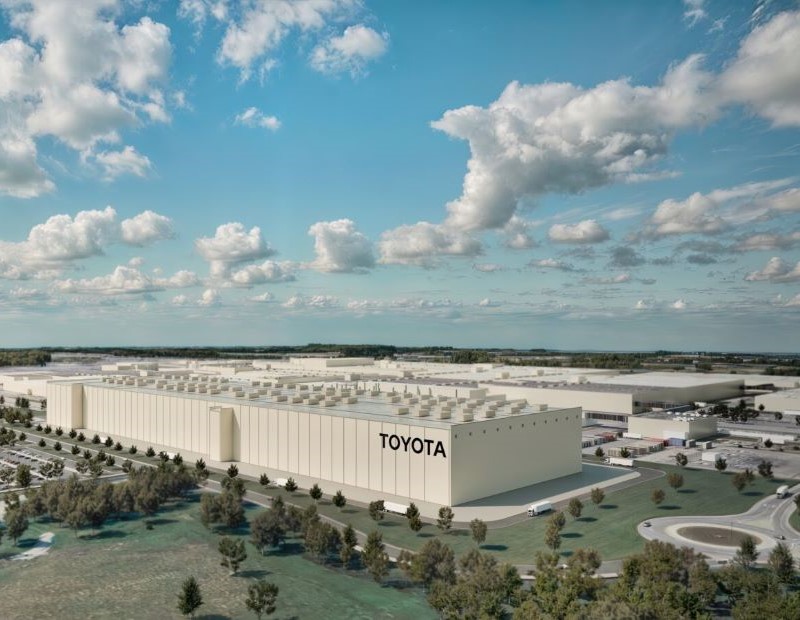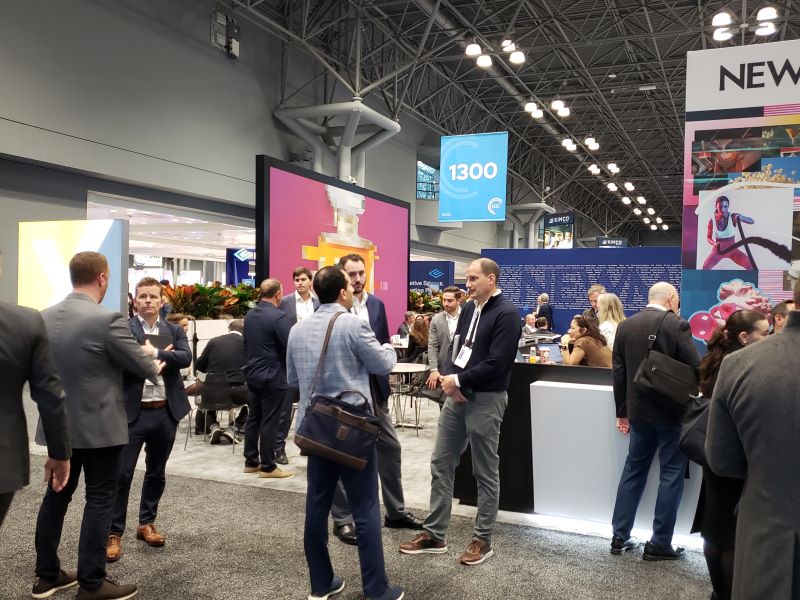Kansas City Region Emerges as Nation’s Next Auto Industry Hub
Find out why the Kansas City region is quickly becoming a major automotive hub.
By Keith Loria, Contributing Editor
A group of auto experts attending KC SmartPort’s annual industry briefing, KC Velocity, noted that the Kansas City region is quickly becoming a major automotive hub, thanks to a number of unique assets that make the area an ideal location for companies serving the automotive industry.
“From an OEM perspective, Ford and GM have had plants here for a long time and I think as they moved through the difficult years in the auto industry, they realized the workforce, efficiencies and productivity they were getting out of these plants were consistently higher than any other plant, so they reinvested here,” Chris Gutierrez, KC SmartPort’s president, told Commercial Property Executive. “Ford put in a $1.2 billion and GM’s almost up to $700 million, and they put some of their best selling vehicles here.”
In fact, the Ford plant in the region produces more vehicles than any other plant in its network. That commitment, plus the one made by Ford, has driven a lot of the supplier base to be there to support the plants.
Kansas City has been named the No. 2 auto industry trading hub in North America by the Brookings Institute and employs more than 18,000 individuals in the auto industry.
In the past two years, 11 suppliers to Ford and GM have located new operations in the Kansas City region due to the local reinvestment by both automakers.
“It’s a favorable relationship with their workforce, and they continue to produce good, solid vehicles,” Gutierrez added. “For the suppliers, it’s the commitment that has led to a better supply chain relationship with them.”
Among the attributes that make the region such a strong location for the auto industry are the quality and work ethic of the employment base.
“The governor of Missouri always says the workforce shows up early and stays late to get the job done; there’s just that higher level of productivity and a workforce that’s trainable, and it’s been proven in this sector time and again,” Gutierrez concluded. “Also, the cost of doing business here is very competitive. We are a diverse market. We don’t have one industry that drives us, so you don’t have those ups and downs.”
Then, of course, are the logistics of the Kansas City area, with four of the nation’s major interstate highways (I-35, I-70, I-29, I-49), five Class 1 railroads serving the area, and the largest navigable inland waterway (MO/MS River system).








You must be logged in to post a comment.